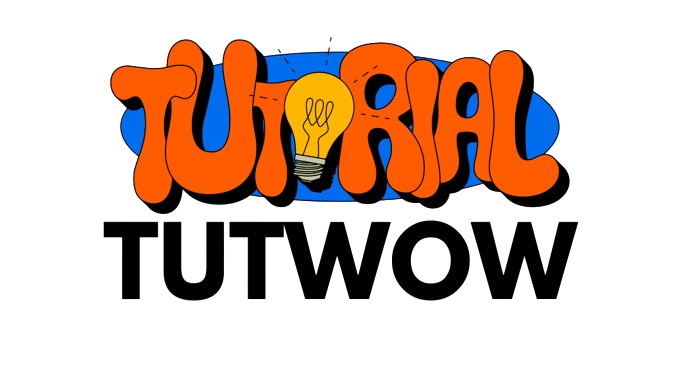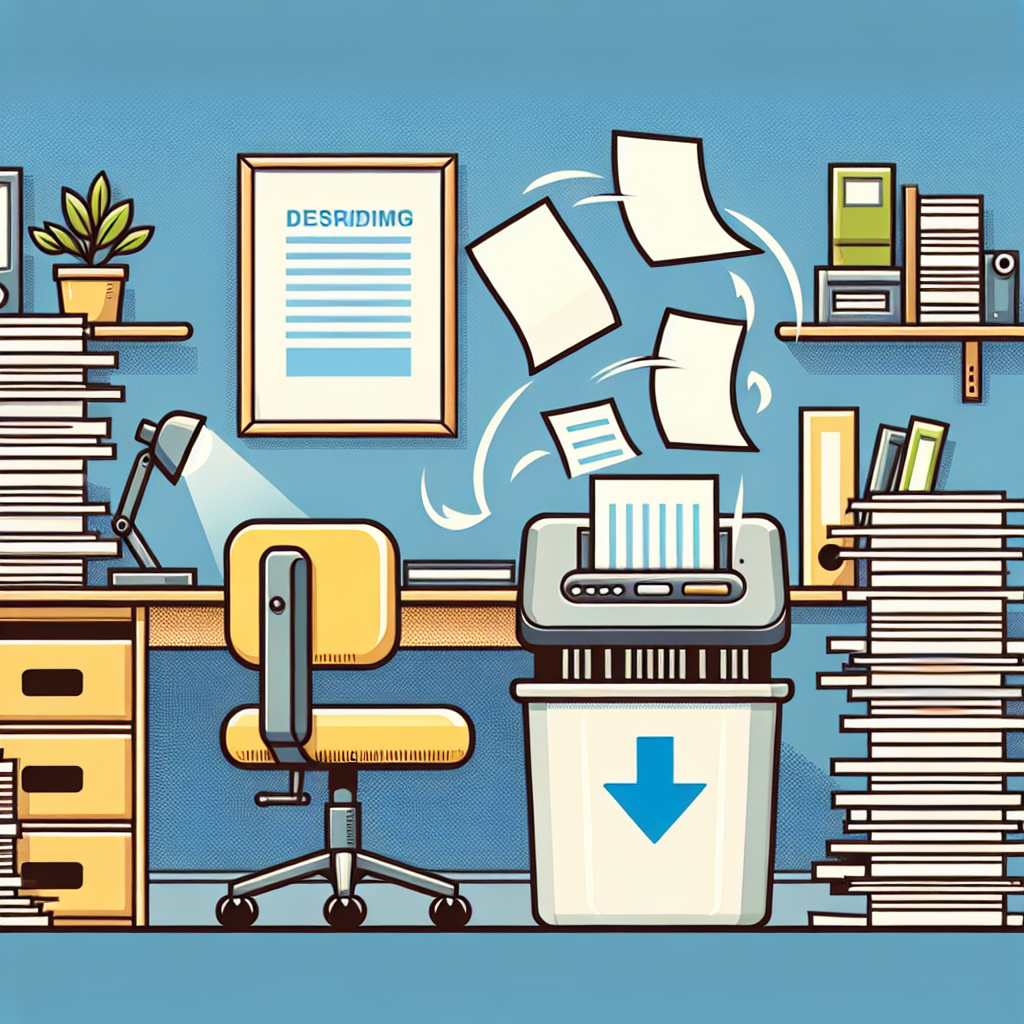Introduction
In today’s digital era, the clutter of old documents can still be a daunting issue in home offices. Whether it’s tax papers, medical records, or old financial statements, safeguarding sensitive information while decluttering is crucial. This guide will provide you with effective methods for safely disposing of old documents, ensuring both security and environmental consciousness.
The Importance of Secure Document Disposal
Before diving into methods, understanding why secure document disposal matters is essential:
-
Identity Theft Prevention: Personal information, if not disposed of properly, can lead to identity theft. Discarding documents without proper care can give others easy access to your sensitive data.
-
Data Protection Compliance: Many institutions are subject to strict regulations regarding data protection. Knowing how to dispose of documents lawfully is vital to avoid legal repercussions.
- Environmental Considerations: Disposing of paper documents can contribute to landfill waste. Choosing eco-friendly methods is crucial for sustainability.
Step-by-Step Guide to Safely Dispose of Old Documents
Step 1: Gather Your Documents
Assess Your Home Office: Start decluttering by identifying which documents you no longer need. Create a designated area for old documents that require disposal.
- Categories to Consider:
- Bank statements
- Medical records
- Tax documents
- Utility bills
- Old contracts
Step 2: Determine What to Keep
Before you dispose of everything, it’s crucial to understand what documents must be retained:
- Tax Records: Keep copies of tax returns and supporting documents for at least seven years.
- Medical Records: Retain important medical documents as advised by your healthcare provider.
- Legal Documents: Store contracts and legal papers in a secure location.
Step 3: Choose a Disposal Method
Now that you’ve categorized your documents, it’s time to select an appropriate disposal method:
A. Shredding
One of the most effective ways to securely dispose of documents is by shredding.
-
Why Shred?
- Destroying paper ensures that no one can read your information.
- Using a cross-cut shredder provides an extra layer of security.
- Tip: If you have a substantial number of documents, consider renting a shredder or scheduling a shredding service.
B. Burning
Burning documents is another secure method for disposal, but it should be done carefully.
- Considerations:
- Check local laws regarding outdoor burning.
- Always supervise burning to prevent uncontrollable flames.
- Ensure documents are fully burned to prevent readability.
C. Recycling
Recycling old documents is environmentally friendly if done correctly.
- Method: Use a secure recycling service that shreds paper before recycling.
- Tip: Avoid tossing documents in regular recycling bins as they might get retrieved and read.
D. Professional Document Destruction Services
Hiring a professional service might be the best option for those who want convenience.
- Benefits:
- Professionals ensure complete destruction of documents.
- Many services provide certificates of destruction for peace of mind.
Organizing Your Home Office Post-Disposal
After you’ve disposed of old documents, it’s time to consider how to keep your home office organized.
A. Create a Document Retention Policy
Establish a policy noting how long to keep various categories of documents. Stick to this policy to prevent future clutter.
B. Go Digital
Whenever possible, choose to store documents digitally:
- Scan Important Papers: Convert physical files into digital formats to save space.
- Utilize Cloud Storage: Services like Google Drive or Dropbox can help keep documents organized and accessible.
C. Regular Maintenance
Set aside time quarterly or semi-annually to assess your documents and dispose of unnecessary papers.
Conclusion
Decluttering your home office by safely disposing of old documents is not just about making space; it’s also essential for protecting your personal information and contributing to environmental health. By following the steps outlined above, you can enjoy a neat, secure, and organized workspace, giving you peace of mind as you work.
FAQs
1. How long should I keep important documents?
You should keep tax returns and supporting documents for at least seven years. Other documents, like medical records, should be retained as per your provider’s guidelines.
2. What should I do with old documents I no longer need?
Consider shredding, burning, recycling through a secure service, or hiring a professional document destruction service for secure disposal.
3. Is burning documents legal everywhere?
No, burning documents is subject to local laws and regulations. Always check with local authorities before proceeding.
4. Can I recycle old documents?
Yes, but not through general recycling bins. Use a secure recycling service that shreds paper before recycling it.
5. How do I choose a professional shredding service?
Look for companies with good reviews, certifications, and those that provide certificates of destruction after shredding.
By adhering to this guide, you can ensure that your home office remains clutter-free while effectively safeguarding sensitive information. Happy decluttering!

